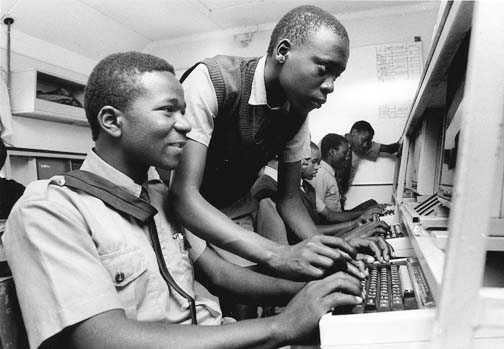Oracle Corporation has launched a skills development initiative for IT practitioners in Africa as a response to the gaps created by the increasing adoption of new technologies by institutions and governments on the continent without a sufficient number of suitably skilled practitioners.
“Today IT holds the promise to promote social inclusion, combat corruption, expand the digital economy and enable stronger links between citizens and governments, businesses and customers, NGOs and the communities they serve.
They can do this and at the same time dramatically reduce costs and improve efficiency. However for technology to support such transformation, organizations must have ready access to people capable of setting up and maintaining these systems,” says Mr Alfonso Di Ianni, Senior VP, Oracle East Central Europe, Middle East and Africa.
With the initiative which consists of four key segments; employee readiness, ecosystem readiness, workforce readiness and youth readiness, Oracle will lend a hand to the private, public and third sectors and help implement a long term skills-gap reduction strategy.
According to Senior Business Development Director at Oracle, Orfhlaith Ni Chorcora, Oracle has already created custom programs for the Lagos State government in Nigeria and the Equity Group Foundation in Kenya that will create locally tailored solutions. This has been successfully done using the resources from the Oracle University and similar institutions under the same umbrella.
Governor Babatunde Fashola has commented on the development saying; “Building a competitive pool of IT-skilled youth in the state is a priority for Lagos State. To successfully achieve this goal, it takes multi-stakeholder support and long term collaboration with organizations such as Oracle who share our deepest commitment to building skills and creating exciting job opportunities for the youth of Lagos. We are off to a good start and look forward to increasing that impact in the coming months.”
Oracle continues to enjoy a healthy business relationship with Africa as it adds to its consumer base of over 400,000 consumers in about 145 countries of the world.
By Emmanuel Iruobe








